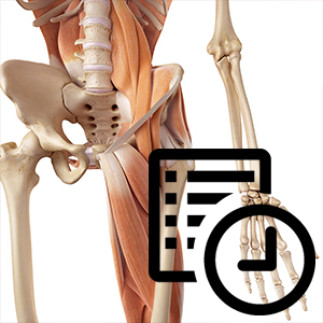Conférence scientifique | Centre de recherche du CHU Sainte-Justine
Titre complet:
An Engineered Multicellular Stem Cell Niche for the 3D Derivation of Human Myogenic Progenitors from iPSCs
Conférencier:
C. Florian Bentzinger, PhD, professeur adjoint, Université de Sherbrooke, Département de pharmacologie-physiologie, Faculté de médecine et des sciences de la santé
Résumé:
One of the most fundamental problems associated with stem cell therapy of skeletal muscle is the limited availably of cells that can robustly engraft into the stem cell compartment. For decades, it has been attempted to isolate muscle progenitors from adult skeletal muscle and expand them in culture to obtain sufficient cells for such treatments. However, over the years it became clear that once isolated from their niche and maintained in culture, adult muscle progenitors become terminally committed to differentiation and display a dramatically reduced engraftment potential. The discovery of induced pluripotent stem cells (iPSCs) has opened new avenues for the in-vitro generation of large quantities of myogenic cell types with embryonic characteristics and a superior capacity for engraftment. Our recent work has uncovered a scalable and highly efficient protocol for the derivation of uncommitted muscle progenitors from human iPSCs in suspension embryoids. Compared to myogenic cells isolated from adult human skeletal muscle, embryoid derived progenitors display markedly enhanced migration, engraftment into the satellite cell position, and restoration of dystrophin expression when transplanted into muscles of a mouse model of Duchenne muscular dystrophy. Altogether, by combining niche-engineering and biochemical pathway targeting, we established a powerful method for 3D myogenic hiPSC differentiation with unique disease modeling and cell therapy applications.

